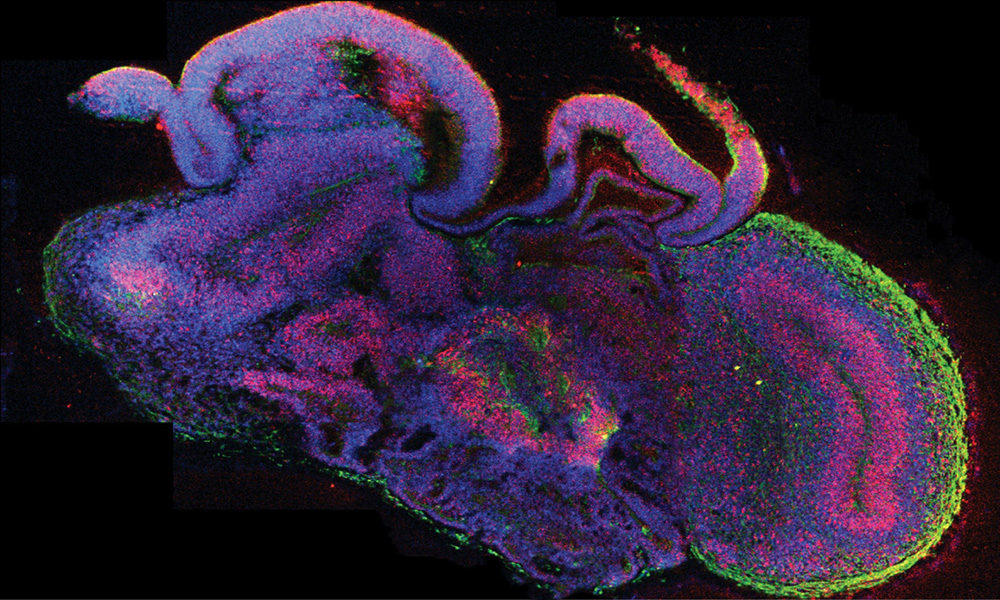Organoids are groups of cells grown in laboratories. The cellular structures in organoids are similar to those found in specific organs. Organoids can be useful tools for biomedical research, but because they are still relatively new, there are many unanswered questions about how they work.

An organoid data resource
To address some of these questions, researchers are planning to create a specialised Organoid Cell Atlas, which will foster the production, quality control, dissemination, and utilisation of single-cell data for human organoids. By creating well-characterised in vitro models of human organs, this resource could enable translational research on rare genetic diseases, complex multifactorial diseases, and cancer.
The HCA|Organoid project is one of six pilot actions funded by the EU Horizon 2020 Framework Programme, which will be European contributions to the Human Cell Atlas (HCA) project. HCA is an ambitious global initiative striving to advance biomedical research and therapy using single-cell technologies. The HCA|Organoid consortium comprises eight partners, including EMBL's European Bioinformatics Institute, and will receive €5 million in EU funding.
Potential applications
Organoids can serve as models of human physiology and pathology, so they can be used in interventional studies that are difficult or impossible to conduct on humans. This also reduces the need for animal experiments.
Organoids can also be used as patient 'avatars' for drug development and personalised medicine, for example in cancer therapy or for some genetic diseases, such as cystic fibrosis.
Finally, organoids also help advance regenerative medicine, with the ultimate goal of producing functional biological structures that can be transplanted into patients.
Read the full vision for the HCA Organoid project in the marker paper available as a preprint. You can also read the original press release.
Related links
Tags: Bioinformatics, Human Cell Atlas, organoid, Organoids, single-cell, single-cell genomics, Single-cell sequencing






